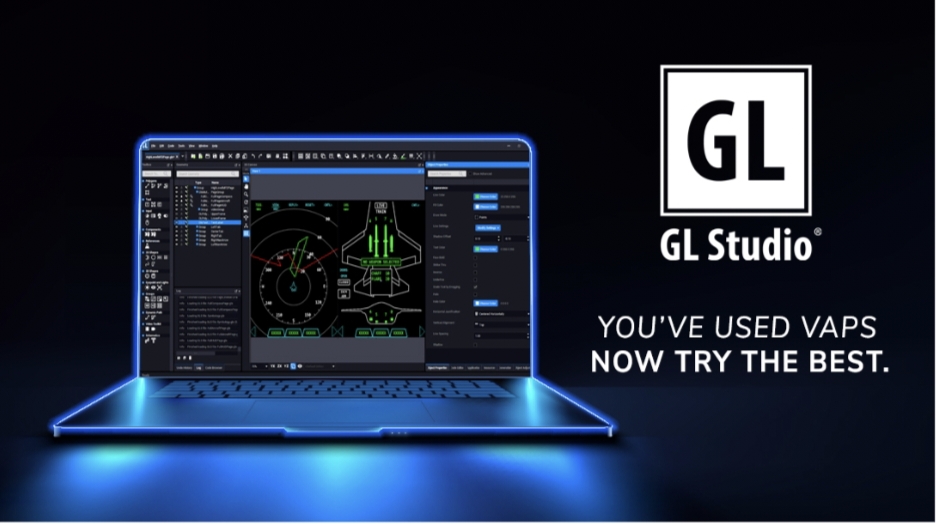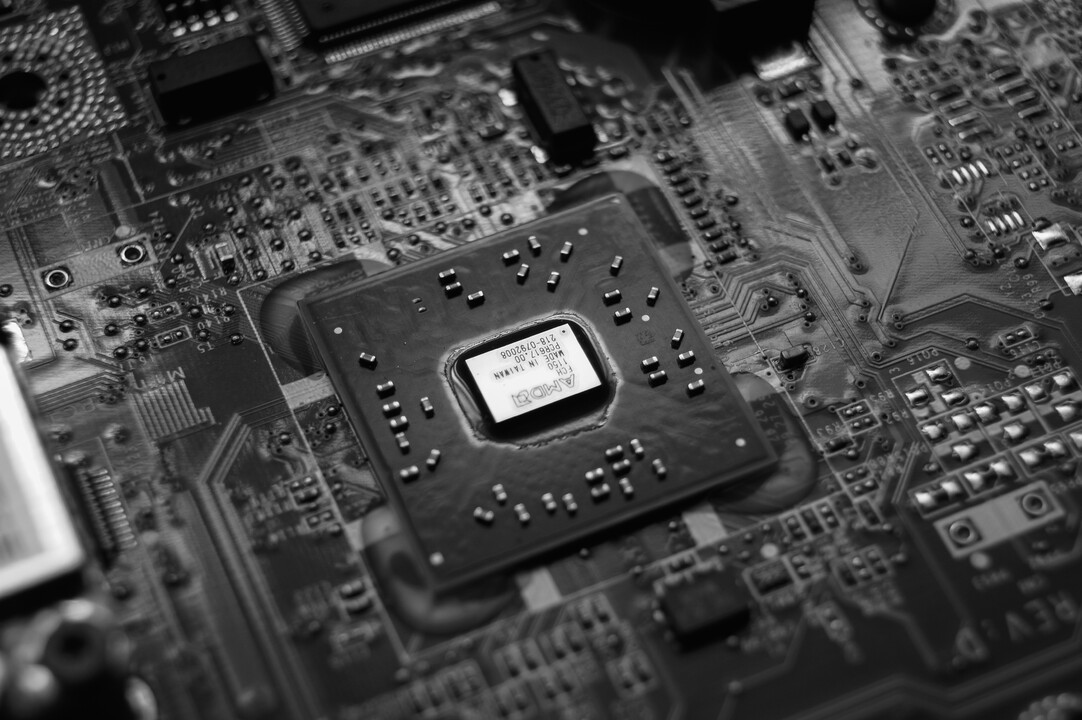What makes the difference between a mediocre and an exceptional gaming experience? With so many options available, finding the right system can be overwhelming. The number of configurations and specifications can make it challenging to know what to prioritize, from performance to design. Understanding which essential features can help one make the best decision and avoid spending money on unnecessary components.
A powerful gaming pc needs to meet certain criteria to deliver the smoothest and most enjoyable experience. Focusing on specific features makes it easier to find a setup that aligns with current gaming demands and future upgrades. This guide highlights seven essential features that should be considered when buying a system, ensuring a solid investment in both performance and longevity.
1. Powerful Processor (CPU)
The processor, or CPU, is the brain of the system. It handles most tasks, from game mechanics to running background processes. A powerful CPU ensures smooth gameplay and quicker response times, especially in demanding games.An Intel Core i7 or i9 or an AMD Ryzen 7 or 9 is an ideal choice for gaming. These processors offer great multi-core performance, which is essential for modern games. The higher the clock speed (GHz), the faster the CPU can process data.
2. High-Performance Graphics Card (GPU)
The GPU (graphics processing unit) is arguably the most critical component for gaming performance. It renders the visuals in the games, and a high-performance GPU ensures one can play at higher resolutions with better frame rates.Look for GPUs like the NVIDIA GeForce RTX or AMD Radeon RX series. These offer excellent performance in 1080p, 1440p, and 4K gaming. A gaming system with at least 6GB of VRAM (Video RAM) is recommended for the most modern games.
3. Sufficient RAM
RAM (Random Access Memory) temporarily stores data that the CPU and GPU need for immediate use. More RAM means the system can handle more tasks without slowing down. For a seamless gaming experience, 16GB of RAM is the sweet spot. If one plans to stream or run resource-heavy applications alongside gaming, consider upgrading to 32 GB. Always opt for DDR4 RAM for faster speeds and better overall performance.
4. Fast Storage: SSD vs. HDD
Storage is essential for saving games and loading them quickly. The speed at which the system loads games and applications depends heavily on the type of storage one has. An SSD (Solid-State Drive) is the best choice for a system. SSDs are much faster than traditional hard drives (HDDs), reducing load times and providing a smoother experience. Aim for at least 512GB of SSD storage for the primary drive. If one needs more storage, consider an additional HDD for extra space.
5. Efficient Cooling System
Gaming can put a lot of stress on PC components, causing them to heat up. The system could overheat without proper cooling, leading to throttling or even damage. A sound cooling system keeps the PC running at optimal temperatures, improving performance during long gaming sessions. Look for a system with air and liquid cooling systems. Ensure the case has adequate airflow with large fans to cool down the CPU and GPU. Liquid cooling systems, though more expensive, offer superior performance for high-end components.
6. Reliable Power Supply (PSU)
The power supply unit (PSU) ensures that all components receive the necessary power to function. A high-quality PSU is critical for system stability and longevity. It is important to choose a PSU that is both reliable and efficient. An 80+ Bronze rating or higher ensures energy efficiency. The wattage should be at least 650W for mid-range systems and 750W or more for high-end builds, particularly when using powerful components like GPUs and CPUs.
7. Upgradeability and Future-Proofing
Technology is constantly changing, as are the demands of modern gamers. Purchasing a gaming pc with room for upgrades guarantees that the system remains relevant for years. Look for a system with extra RAM slots, multiple PCIe slots for additional GPUs, and sufficient storage bays for future upgrades. A modular case offers more flexibility for adding or changing components in the future. Additionally, selecting components compatible with future technologies, such as PCIe 4.0 or even PCIe 5.0, will help keep the system future-proof.
Choosing the right gaming pc is a big decision, but focusing on these seven must-have features will help make the best choice. A powerful processor, high-performance GPU, ample RAM, and fast storage are essential for any gaming system. It is also important to consider cooling, power supply, and the potential for future upgrades to ensure that the gaming system can handle the demands of tomorrow’s games. Taking the time to research and select the components that best suit one’s needs will ensure readiness for gaming adventures with confidence. Read also – Costcodle




